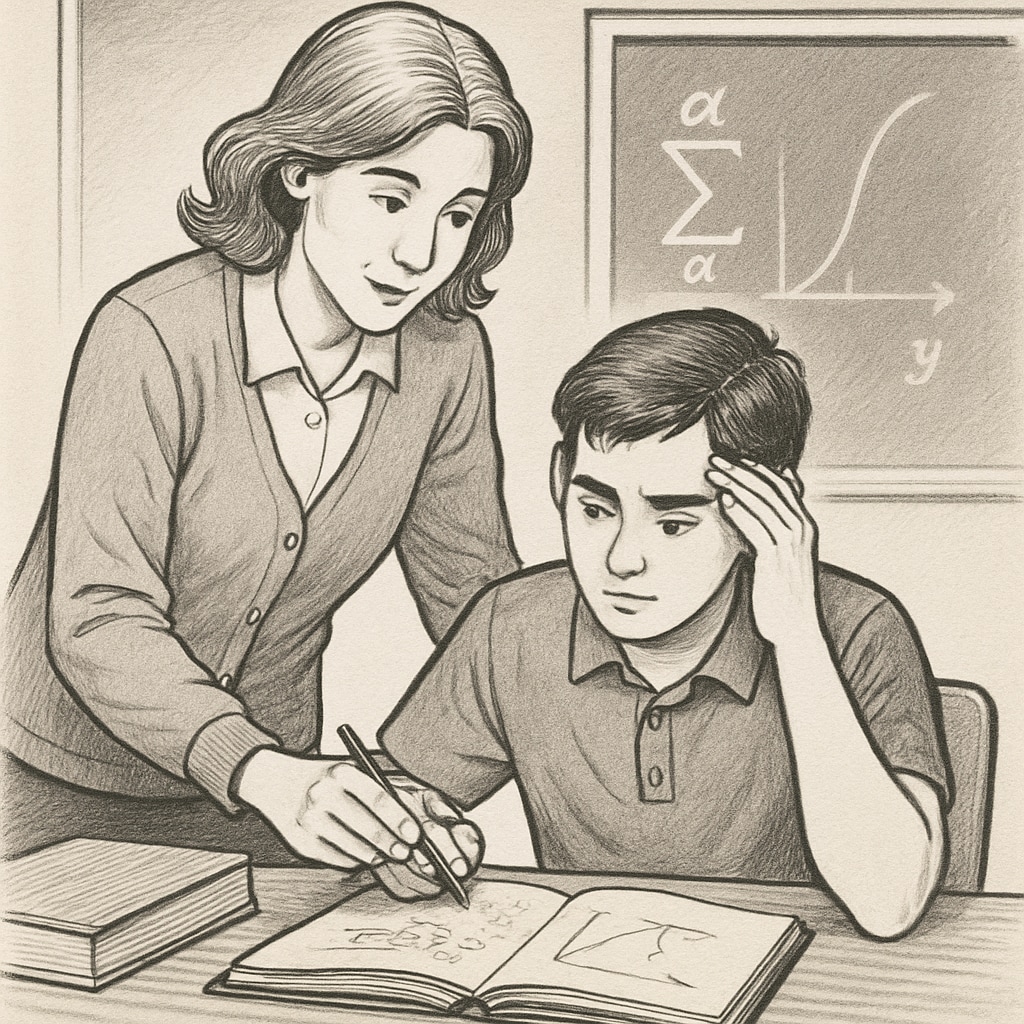The film Whiplash, with its intense portrayal of a teacher pushing a young musician to his breaking point, provides a compelling lens to examine the ethics of strict teaching methods, extreme pressure, and care in education. Particularly in K12 education, where students are at formative stages of their lives, this raises important questions: How far should educators go to push students toward excellence? Can the pursuit of greatness justify potentially harming their emotional and physical well-being? Balancing these ethical dilemmas is crucial for crafting meaningful education systems.
The Ethical Dilemma of Extreme Pressure in Education
In Whiplash, the character of Terence Fletcher embodies the archetype of the demanding teacher who believes that greatness can only emerge under immense pressure. While his methods yield results, they also leave scars, both visible and invisible. This raises the question of whether such extreme methods have a place in K12 education, where students are still developing their identities and resilience.
For example, in high-pressure environments like elite academic programs or competitive sports, educators often adopt a “no pain, no gain” philosophy. However, research has shown that excessive stress can have detrimental effects on mental health, leading to anxiety, depression, and burnout. Studies on stress suggest that while a certain level of challenge can motivate students, crossing the threshold into extreme pressure can be counterproductive.

Redefining Success: Balancing Achievement and Care
One of the core problems highlighted by Whiplash is the narrow definition of success. Success is often measured by external achievements, such as awards or recognition, rather than the holistic development of the student. This perspective can lead educators to prioritize results over the well-being of their students.
In contrast, many modern educational approaches emphasize the importance of care and emotional support. For example, social-emotional learning (SEL) programs teach students to understand and manage their emotions, set positive goals, and show empathy for others. These methods align with the idea that education should nurture the whole person, not just their accomplishments. As a result, students are better equipped to handle challenges without sacrificing their mental health.
Therefore, the key lies in finding a balance. Educators must set high expectations but also provide a safety net of care and understanding. This balance ensures that students can strive for excellence without feeling overwhelmed or unsupported.

Practical Strategies for Ethical Teaching
To address the ethical dilemmas posed by strict teaching methods, educators can adopt the following strategies:
- Set realistic goals: Teachers should understand the individual capabilities of their students and set personalized goals that are challenging yet achievable.
- Encourage resilience: Instead of punishing failure, educators should frame it as an opportunity for growth, teaching students how to bounce back from setbacks.
- Foster open communication: Creating an environment where students feel comfortable expressing their struggles can prevent the buildup of harmful stress.
- Integrate social-emotional learning: Incorporating SEL into the curriculum helps students develop the emotional tools needed to handle pressure effectively.
These strategies not only promote ethical teaching but also prepare students for the challenges they will face beyond the classroom.
Conclusion: Lessons from Whiplash for K12 Education
The tension between extreme pressure and care in education, as depicted in Whiplash, serves as a powerful reminder of the ethical responsibilities of educators. While pushing students to reach their potential is an admirable goal, it must not come at the cost of their well-being. By redefining success, fostering resilience, and prioritizing care, educators can help students achieve greatness while preserving their mental and emotional health.
As the education system evolves, it is vital to keep these lessons in mind. Striking the right balance between challenge and support is not just an ethical imperative—it is the foundation of true educational success.
Readability guidance: Short paragraphs and clear subheadings make the article accessible. Lists summarize strategies, and external links provide reliable resources. Passive voice is minimized, and transitions such as “however” and “therefore” ensure a logical flow.


